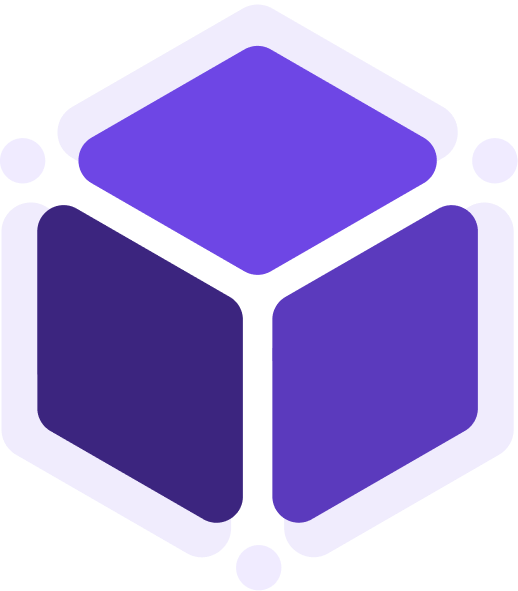How to Hire Solidity Developers
Identify a good programmer is now more important than ever due to the shortage of experienced Solidity developers. Solidity programming language is used to build decentralized applications on Ethereum, and as blockchain and DeFi interest grows, the demand for Ethereum developers with experience in Solidity surged.
If you’re not looking to read the full guide and just want to jump to recruiting a Solidity developer, here you go: Kryptomind’s blockchain staff augmentation service.
Here is the step-by-step guide:
- Understand Your Project’s Needs
Defines the specifics of your project before finding Solidity developer. Are you building a Defi project or dApp? A well-defined project scope will streamline the process of finding the right developer for the role.
- Smart Contracts: If your project centered around executing blockchain-based agreements, hire developers with expert knowledge in building and auditing smart contracts.
- dApps: If you’re developing a decentralized app, your developer will need to understand front-end and back end development.
- Security: Smart contracts may face security vulnerabilities, be aware they know security practices.
- Know the Core Skills of a Solidity Developer
Key skills to evaluate when hiring Solidity developers include:
- Solidity Skills: In-depth expertise in Solidity programming.
- Experience with Ethereum: Practical experience with Ethereum
- Understanding the basics of Blockchain: Understanding of how consensus mechanisms work, gas fees, and optimization of smart contracts.
- Security Knowledge: The developer should have a comprehensive understanding of smart contract vulnerabilities, keeping up-to-date on security updates and the best practices for preventing exploitation
- Experience With Tools: Truffle, Hardhat, Remix, OpenZeppelin are the tools needed to deploy smart contracts.
- Search in the Right Places
Finding Solidity developers can be tricky since it is hard to find skill, but there are several places to look:
- Freelance Platforms: Websites like Upwork, Toptal, and Freelancer often have skilled Solidity developers available for short-term or project-based work.
- Blockchain-Specific Job Boards: Platforms like CryptoJobs, Ethlance, and Gitcoin are excellent places to find developers specializing in blockchain.
- Developer Communities: Look for talent in developer communities like GitHub or Ethereum’s official forums. These places are full of developers passionate about blockchain technology.
- Social Media & Networks: To find Solidity developers, participate in blockchain hashtags like #Solidity, #Blockchain, and #DeFi.
- Screening for the Right Candidate
Once you’ve found potential candidates, the next step is to screen them effectively. Here’s what to focus on:
- Portfolio Review: Ask candidates to show their previous work, especially projects that are live on the Ethereum blockchain. Reviewing their past work will give you insights into their coding style and expertise.
- Technical Test: Ask candidates to write a simple smart contract or provide a detailed explanation of a project they’ve worked on. A technical challenge can help you assess their skill level.
- Security Knowledge: Test them on common vulnerabilities such as reentrancy attacks, integer overflows, and denial of service (DoS). Good developers should know these so they will not create them.
- Team coordination skills: This is something one can have from either a freelancer or a full-time developer, more so in case one is in a remote-first team.
- Consider Their Experience and Portfolio
Solidity is a relatively new language, so there aren’t many developers with extensive experience. However, many talented developers have impressive portfolios, even if they don’t have as many years of experience. Pay attention to the types of projects they’ve worked on. Have they built smart contracts for large-scale DeFi initiatives? Have they worked with other blockchain standards like ERC-20 or ERC-21?
- Check References and Reviews
If you’re hiring from freelance platforms or job boards, look for reviews from previous clients. If you’re hiring directly, ask for references and contact them to get feedback on the developer’s work ethic, reliability, and communication skills. Good references are often the key to finding a reliable Solidity developer.
- Discuss Budget and Payment Structure
Blockchain development is a specialized field, and with its increasing popularity, developers have access to many blockchain training services. This growing demand allows developers to command higher salaries, so be ready to offer competitive compensation, especially for those with extensive experience. Agreeing on the payment structure ahead of time is important, as some developers may prefer a fixed fee, while others may prefer hourly rates
- Freelancers: Freelancers may be engaged for low-priority, small, or short-term projects.
- Full-time developers: For long term project you need to hire full time blockchain developers on monthly salary.
- Establish Clear Communication and Milestones
Once you’ve hired a Solidity developer, clear communication is key. You set up milestones and deliverables with deadlines to keep things rolling. No better way to be informed than through frequent check-ins and updates.

